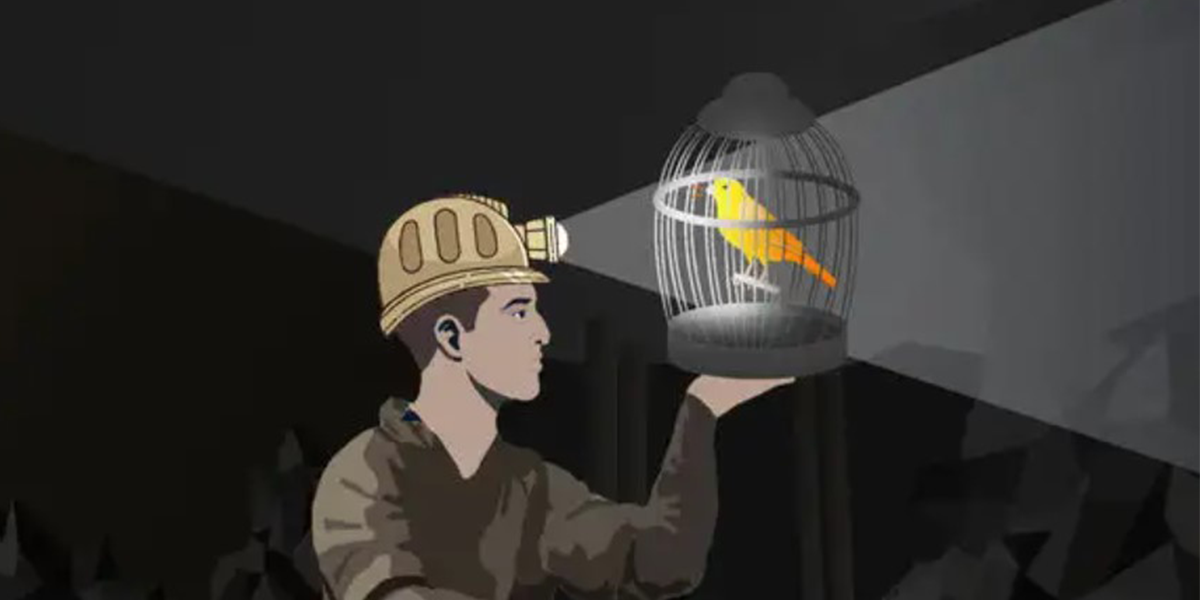Energy Costs Now a Serious Problem for ProAV Industry
The invasion of Ukraine, following on the heels of the loss of business due to the pandemic, creates economic aftershocks in the very heart of the European AV business.
Soaring energy costs now cripple the cultural sector, and an example from Brussels, the heart of the EU, shows the stress on the AV and related industries.
Governments, including Belgium, have already made some concessions. A total of approximately 18,000 companies are eligible. A recent budget of 117 million euros has been set aside to assist about 18,000 eligible companies, mainly retail, cafe and others including some in cultural and creative industries.
Belgium and other European governments look to apply a tax on the windfall profits made by energy companies. But energy affects all and governments will prioritize their eligibility requirements. For example, while 117 million seems a lot, even Brussels hospitals (another key vertical for AV) are looking for at least 45 million euros to reduce their energy bills in the short term.
And so public protests continue to pop up.
Under the name “Trop is te veel,” which is a bilingual Brussels equivalent of Too Much Is Too Much, a citizen collective demonstrated in Brussels in early December, denouncing rising energy costs while highlighting difficulties faced by the cultural sector.

Representatives say many cultural venues (theaters, museums, concert halls) and schools for arts will not be able to survive this winter without a freeze on energy prices. Having barely recovered from the total shutdown of the pandemic, they explain the latest energy problem is “one crisis too many.”
Some venues have had to close their doors, while others attempt to stay afloat by reducing staff, reducing operations and keeping the heat off despite the cold. Theaters are not doing much better. Some of the largest theatres have seen their energy bills rise by several hundred thousand euros.
“Many other small structures tell us about increases of €30,000 or almost €100,000, depending on the size of the institution,” one member of the collective told local press.
While the main proponents in the collective are political groups, they’ve garnered support from many other groups, including some unions.
Educational institutions (another big sector for ProAV) are also affected, so the French-speaking Students’ Federation (FEF) has also aligned itself with the protest movement.
Many school buildings are already under-cared for and in bad shape. With age, damp, and poor insulation, no further heating cutbacks are possible.
“Students are much too cold and cannot study in good conditions,” the president of the FEF says.
The FEF also points out how particularly school arts programs are impacted. When cost-cutting comes, school theater and art get cut before math and science. “For years, for example, the Royal Conservatory of Brussels has been denouncing the state of its infrastructure. How are we going to play the piano with gloves on? How will we be able to paint?”
If the institutions can’t afford heat, you can bet they won’t be buying a projector or updating their AV.
As governments balance their support of the Ukraine, the price to be paid is not only at the institutional level. Citizens involved in cultural activities will pay a double price this winter: a loss of employment due to institutional energy costs and higher prices for their own home and auto energy costs.
This scenario is not limited to Brussels and plays out across Belgium and across other Western European markets. As cultural institutions (and the educational institutions which support arts) crumple under economic pressure, these long-standing AV markets cut back their orders for products and services.
This is not to minimize the rising energy costs for enterprises and residential markets, but cultural activities get cut first.
Arts-related venues are now the proverbial canary in the coal mine. Minus sufficient coal.


